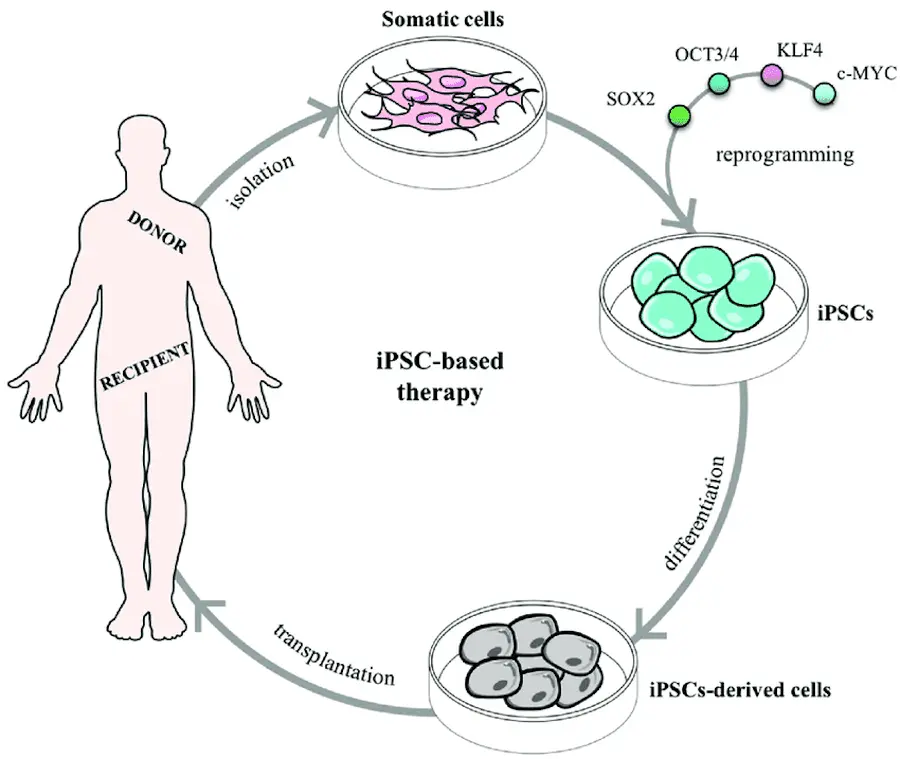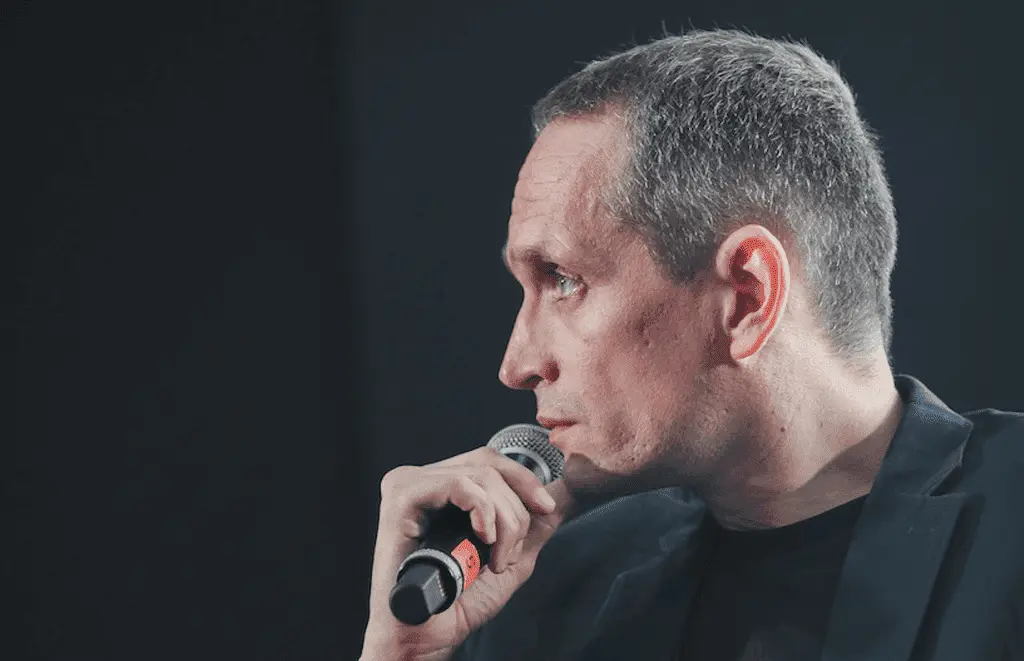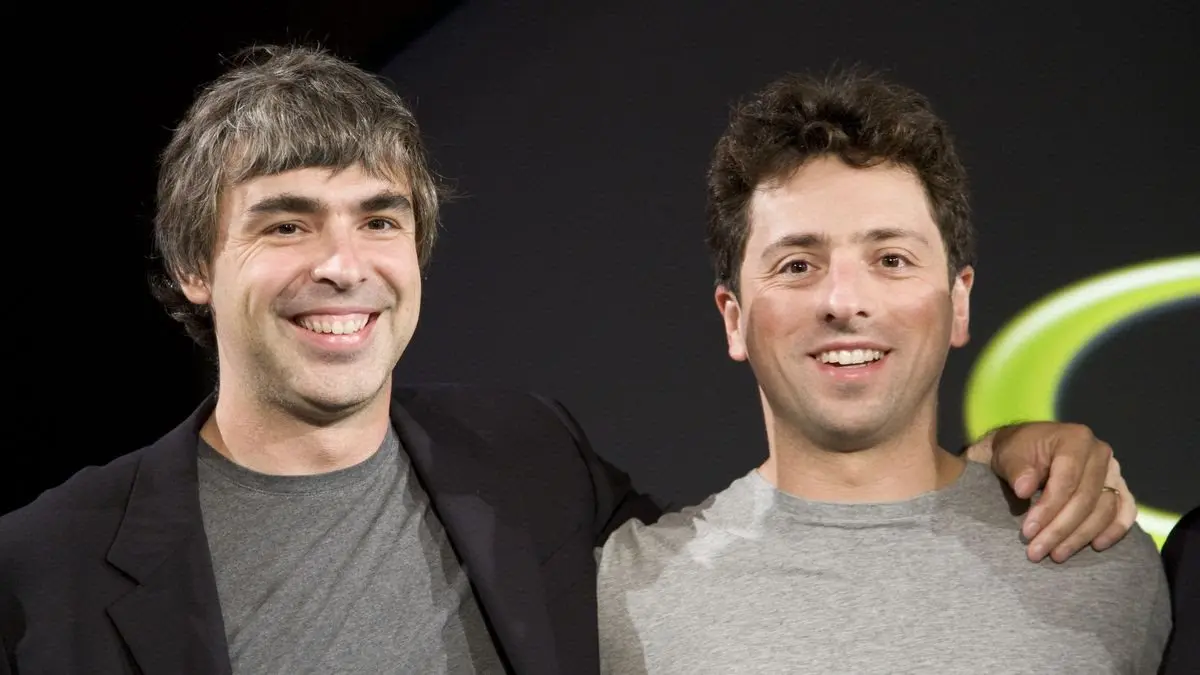Contents
A new trend among Silicon Valley moguls is to invest in start-ups fighting human aging. Here are some examples of companies that will help humanity increase life expectancy
Investment in reprogramming
In early September 2021, news appeared in the media that Jeff Bezos, the richest person in the world, is investing in Altos Labs, which studies the aging process in order to reprogram human cells. Reprogramming is the process of returning mature cells to the state of stem cells, which makes it possible to obtain cells with a different function from cells of one specialization.
According to the company’s idea, with the help of “reprogramming” the cells of the body will be able to rejuvenate.
The very idea of reprogramming belongs to Shinya Yamanaka, a Japanese scientist who managed to obtain induced stem cells through epigenetic reprogramming. He found that with the help of four proteins (later named after the scientist – “Yamanaka factors”), cells can be returned to a state close to the embryonic one. Later experiments on mice confirmed that some individuals showed signs of tissue rejuvenation.
For research in this area, Shinya Yamanaka received the Nobel Prize in Medicine in 2012.

Altos Labs, using Yamanaka factors, plans to create new stem-like cells from proteins that will replace and rejuvenate body cells.
At the same time, despite the interest of global investors, scientists from the company honestly admit that they do not yet know how specifically to stop cell aging. The main challenge is to make the cells rejuvenate inside the body in as simple a way as possible. For example, with the help of drugs. So far, the only way to reprogram cells is genetic engineering – an expensive set of methods and technologies available to a very limited number of people. Despite the startup’s experimental nature and lack of realistic forecasts, investors and tech moguls seem to be counting on further developments in this area. Altos Labs has raised at least $270 million in investment, according to various sources. The annual income of scientists working in Altos Labs will be more than $1 million.
Blood transfusion advocate
In ancient times, there was an opinion that the blood of young people can improve health. There are legends that Pope Innocent VIII, being an old man, was treated with the blood of young boys in order to strengthen his vitality and health.
In ancient Greece, after gladiator fights, spectators rushed to the stadium in a mad desire to drink the blood from the wounds of the fighters in order to acquire the strength and courage that probably flow in their veins.
In the modern world there is a person who is an apologist for the method of blood transfusion, despite all the obstacles and prohibitions. Jesse Karmazin, a Stanford Medical School graduate, founded Ambrosia in 2016.
The basic (and slightly creepy) idea behind the startup is that transfusions of blood plasma taken from young donors between the ages of 16 and 25 can help counteract aging.

Plasma injections are indeed used in medicine – for example, in liver diseases, when patients do not have enough of their own proteins in the blood. But if in the case of such procedures, the medical effect of them is supported by research, then rejuvenation with the help of plasma transfusion is most likely just a pseudoscientific myth.
Despite the doubtfulness of the procedure, it was popular among wealthy people. For the transfusion of one liter of young blood, Ambrosia asked $8.
In February 2019, the FDA (US Food and Drug Administration) released a statement saying that there are no clinical trials proving the usefulness of the blood transfusion procedure from young donors. Because of this statement, Jesse Karmazin was forced to close Ambrosia. A few months later, Karmazin briefly returned to the market with a new project called Ivy Plasma, then closed it and re-opened Ambrosia. True, now the company follows the FDA regulations and warns that it cannot guarantee any effect from plasma transfusion, and the procedure itself is just an experiment. The price for a transfusion has changed slightly, now for 1 liter of young blood you will need to pay only $5,5 thousand.
At the same time, it cannot be said that really working anti-aging agents will be available only to the elite.
Petr Fedichev, CEO of biotech startup Gero:
“We often hear that the latest developments and technologies will be available only to a limited circle of people, like Jeff Bezos, Yuri Milner, Sergey Brin. I think this is misleading. As a rule, the newest technologies are experimental. I am not sure that people with infinite wealth will be the first volunteers in clinical research. I think these people will see how this drug works on a lot more people before they try it themselves.
Moreover, there are patents in the pharmaceutical industry. This means that any of your inventions can only be sold exclusively for twenty years, of which you will be conducting clinical research for the first ten years. This means that a high price can be maintained for a maximum of ten years. After that, the medicine becomes the so-called “generic”. That is, every factory that has the technical capabilities can produce it. In a situation of strong competition, the market will very quickly come to what the medicine is (for aging. — Trends) will become available. I believe that if your market is billions of people, among which there are more and more aging people, in such a market there is no point in maintaining a monopoly high price.
Point therapy
Another US company planning to fight aging with stem cells is Agex Therapeutics. The company has been on the market since 2017.
Agex’s stated goal is to repair cell damage. Agex Therapeutics believes that if drugs are invented that will help overcome the aging of individual human cells and increase their ability to regenerate, a person will age much more slowly.
At the same time, a distinctive feature of the company is the ability to point therapy with stem cells. Agex scientists can create pure populations of stem cells of the right type – this is important to ensure that the patient receives only those cells that his body needs to repair, and not receive those that can harm him.
Another goal of the company is to learn how to introduce into the body not stem cells themselves, but their agents, which will force the cells already in the body to “roll back” to an earlier, close to stem, version. This will restore their ability to repair tissue.
AI anti aging
In our country, there are also startups dealing with the problem of aging. One of them is Gero.
Initially, Gero was only involved in science – scientists published articles in peer-reviewed journals, some received criticism. Then the Gero team began to collect data on the health of people, analyze it and thus identify the “targets” of the body.
The company has a separate offshoot – a platform for creating new drugs called GERO.AI. Using machine learning and artificial intelligence, the platform analyzes arrays of biological samples and finds weak points in the body. For example, in 2018, GERO.AI studied about 300 plasma samples of deceased people, after which a team of scientists found a protein that affects biological age. The Gero team hypothesized that reducing the concentration of the found protein could slow down aging.
The hypothesis was tested in the laboratory for the study of human aging at the National University of Singapore, found confirmation and, thanks to the collected human data, scientists from Gero managed to rejuvenate old mice, extending their life by one and a half months. As with other anti-aging startups, human experimentation is still a long way off, so all research is done in mice.
The platform receives human data by buying biobanks (for example, 300 plasma samples cost the company $ 1 million) and using the GeroSense application, the wellness branch of the company, which collects data on user activity using smart watches or fitness trackers. The interface highlights a person’s biological age and the body’s ability to recover. In addition, GeroSense is able to determine patterns when walking – for example, it can determine by gait whether a person smokes, whether he is under stress.

According to the founders, the main task of Gero is to isolate the factors that cause aging, measure them, and then develop drugs against them. For example, in May 2021, the Gero scientific team, together with the Roswell Park Cancer Center, published an article in the journal Nature Communications. According to a joint study, another “marker” of aging is the body’s ability to withstand stress. The older the person, the lower the ability to recover, even if the rest of the body remains normal.
A startup from Google
Google co-founders Larry Page and Sergey Brin have long been passionate about the idea of life extension and are still among those who are constantly investing in new research on the topic of aging.
Their interest in 2013 resulted in the creation of Calico, a biotechnology company that explores the processes of aging and the diseases that accompany it.

The company is mainly engaged in scientific research on the topic of aging. To do this, in 2013, Calico, together with the pharmaceutical giant AbbVie, created a research center. In addition, in the hope of creating drugs for age-related diseases, in 2017 the startup entered into a five-year partnership with biotech company C4 Therapeutics. The latter specializes in the treatment of complex drug-resistant diseases using the protein cleavage method. The decision to partner was made in order to get closer to the creation of those drugs that can really help people live longer.
According to various estimates, Google has invested more than $ 1 billion in the Calico startup. In addition to Google, Arthur Levinson, the head of the Apple board of directors, also invested in the company.
Despite the investment and buzz around Calico, many are skeptical of its operations. For example, Yuval Noah Harari, in his book Homo Deus, wrote that the problem of aging cannot be solved in the near future, which means that the co-founders of Google are unlikely to become immortal. Others believe that Calico may forever remain just a research center that will study the problems of aging, but not offer solutions. However, many companies in this area are treated with such skepticism. One of the founders of Google Sergey Brin, in response to this, said that he “does not plan to die.”
Petr Fedichev believes that great progress has been made in the field of anti-aging over the past 25 years, and in the next five to six years we will see the first cure for aging:
“Already now, for example, we can really delay and even reverse the aging of mice. This is absolutely accurate. Now there are large-scale clinical studies in humans. This means that the first anti-aging drugs will appear in the next five or ten years. They, of course, first of all will get extremely sick people. We will talk, for example, about those who survived chemotherapy, because of which they began to accelerate aging. Or maybe they have had a coronavirus or suffer from mental illness, which is also associated with accelerated aging. And only then, within another five or ten years, when doctors learn how to use such drugs and understand that some (at least) of them are safe, they will be used for healthier people, thirty or forty.










